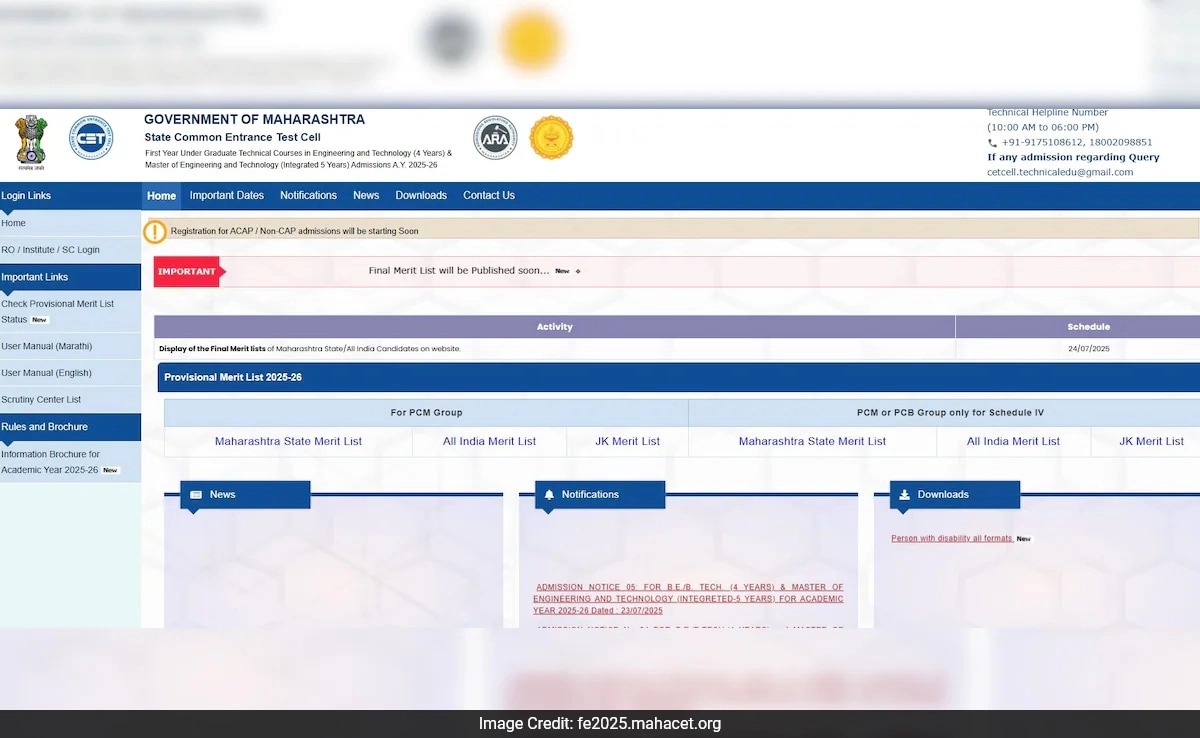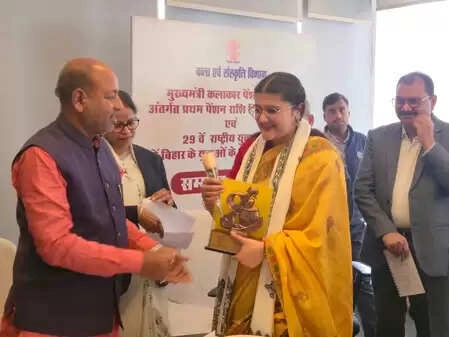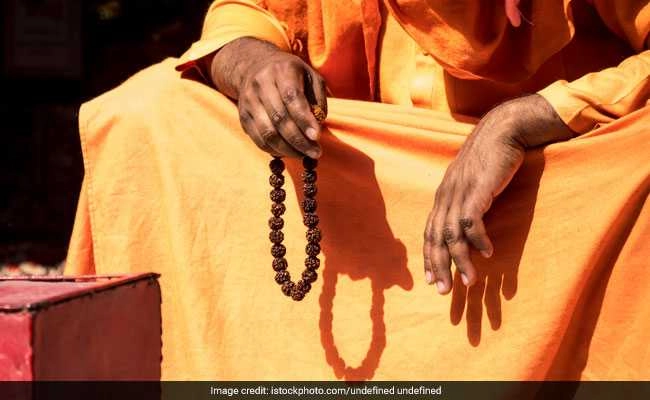In Purulia, West Bengal, significant clashes erupted during an agitation led by the Kurmi community, resulting in injuries to several police officers. The unrest began as members of the Kurmi community mobilized to demand recognition as a Scheduled Tribe, aiming to secure the benefits and protections that come with such status. Their agitation reflects a broader struggle for social and political recognition, as the Kurmis have long sought to address perceived injustices regarding their representation and rights within the state.
As tensions escalated, protestors clashed with law enforcement, leading to a chaotic scene in the streets of Purulia. Police were deployed in large numbers to manage the situation, but the protestors were determined and engaged in confrontations that left multiple officers injured. The clashes highlight the volatile nature of community agitations in the region, where demands for inclusion and equality often lead to unrest. The local administration has called for a calm resolution, emphasizing dialogue as a means to address the community’s grievances.
The Kurmi agitation is not an isolated incident but part of a larger pattern of similar movements across India, where various communities are seeking recognition and rights. The push from the Kurmi community underscores the complexities of caste and tribal identities in the country, where historical marginalization continues to influence contemporary social dynamics. As the situation in Purulia develops, it remains crucial for authorities to engage with the community’s concerns to prevent further escalation and to find a constructive path forward.




